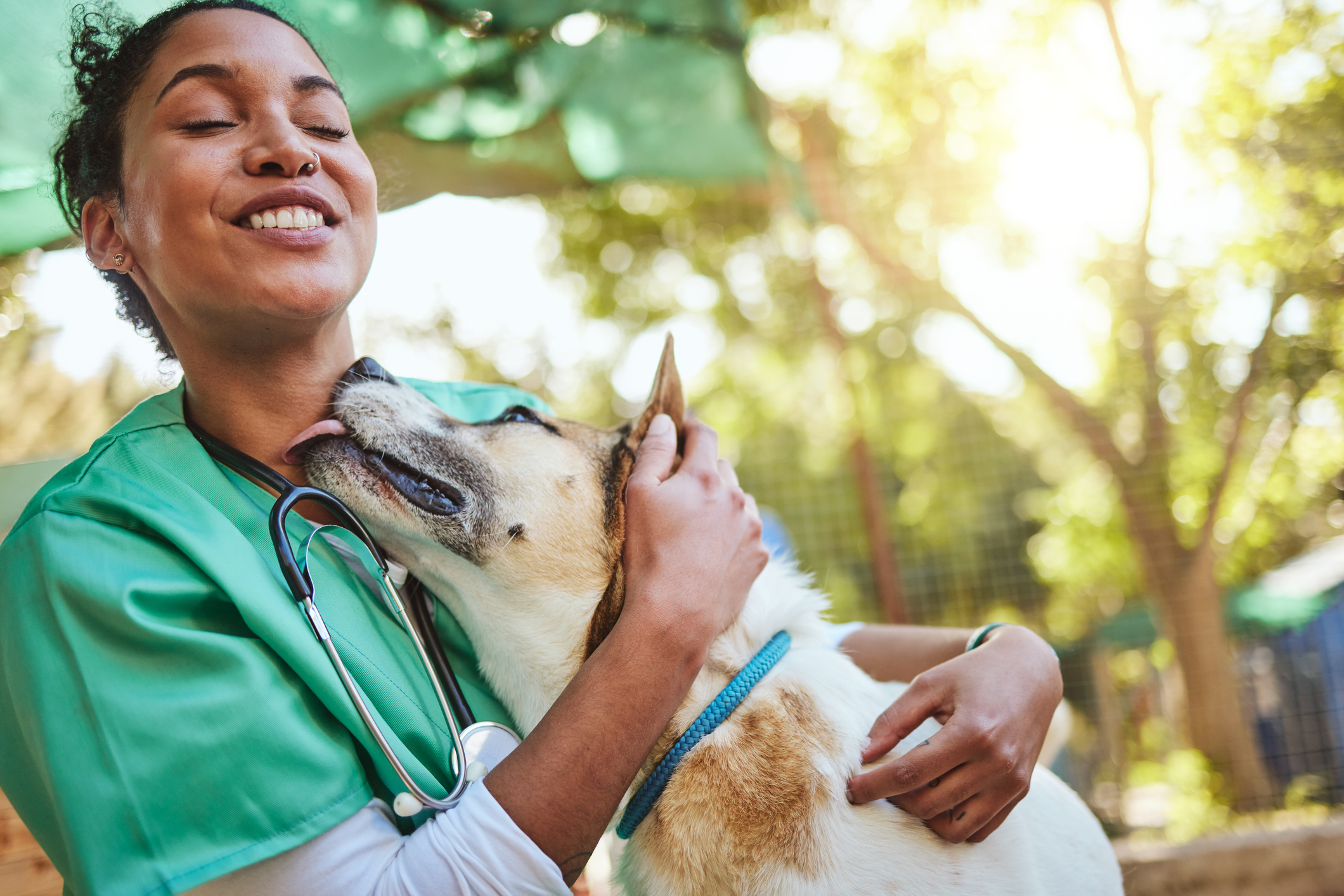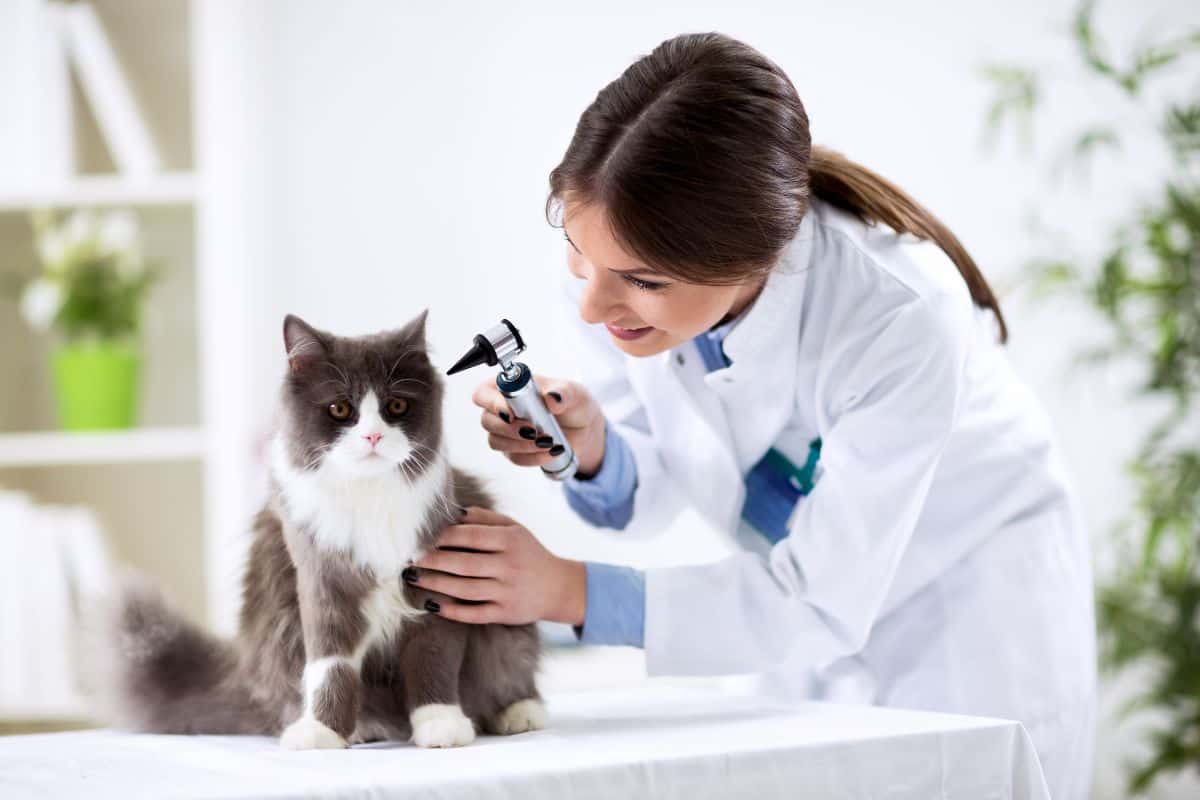Maintain Your Pet Healthy And Balanced with Routine Pet Health Checkups from Trusted Vets
Maintain Your Pet Healthy And Balanced with Routine Pet Health Checkups from Trusted Vets
Blog Article
Vaccination Guidelines From Your Trusted Veterinarian
Vaccination guidelines given by your trusted vet play a vital function in guarding your pet dog's wellness and wellness. Core vaccines are essential for all pets, while non-core vaccinations can be tailored to specific way of lives and ecological direct exposures. Understanding the nuances of vaccination timetables, which begin as very early as six to eight weeks, is crucial for optimum defense. In addition, addressing common misconceptions surrounding vaccines can further improve pet dog proprietors' self-confidence in these precautionary actions. As we explore these critical aspects, it comes to be increasingly clear why routine assessments with your vet are crucial for informed decision-making.

Importance of Inoculations
Vaccinations play an essential duty in securing family pets against an array of avoidable diseases. By stimulating the body immune system to identify and battle specific microorganisms, injections considerably lower the occurrence of contagious conditions that can impact a pet dog's health and longevity. Not only do vaccinations protect private animals, however they likewise add to herd resistance, consequently decreasing the general occurrence of conditions in the pet population.
Prompt vaccinations help to alleviate the spread of illness such as rabies, parvovirus, and distemper, which can have extreme consequences for both family pets and people. Inoculations are typically a demand for boarding centers, grooming solutions, and canine parks, making them essential for those who want to socialize their pets.

Core Vaccines for Animals
While the particular vaccination demands of pets can vary based upon individual factors, core vaccinations are widely advised to protect against one of the most major and common illness (Veterinarian Enterprise). Core vaccines are those deemed necessary for all pets, despite their way of living or geographic location, as they protect versus potentially fatal and extremely infectious ailments
For pets, the core injections consist of those for canine distemper, parvovirus, adenovirus (liver disease), and rabies. Canine distemper is a viral condition that influences the respiratory, stomach, and nerves. Parvovirus is recognized for creating severe gastrointestinal ailment, specifically in puppies. Adenovirus can cause liver disease, while rabies is a zoonotic disease that postures a threat to both human beings and family pets.
In cats, core vaccines include feline panleukopenia, feline calicivirus, feline herpesvirus (rhinotracheitis), and rabies. Feline panleukopenia is a very contagious viral disease that impacts the immune system and intestinal tracts. Calicivirus and herpesvirus are significant factors to upper respiratory system infections in pet cats, while rabies stays a critical issue for public health.
Consult with your veterinarian to guarantee your family pets obtain their core inoculations on schedule.
Non-Core Vaccines Explained
Non-core vaccines are customized to address details risks connected with a pet's exposure, way of life, and atmosphere to certain conditions. Unlike core vaccines, which are widely suggested for all animals, non-core vaccines are taken into consideration based on individual conditions. These vaccines are particularly crucial for pets that may run into unique microorganisms because of their geographical area, traveling practices, or tasks.
Examples of non-core vaccines include those for Bordetella bronchiseptica, which is linked to kennel cough, and Lyme disease, triggered by ticks. Pet dogs that regularly engage with various other animals, such as those in boarding centers, dog parks, or brushing atmospheres, might take advantage of Bordetella vaccination. In a similar way, if you reside in an area where Lyme condition is prevalent, vaccinating against this illness can be a prudent option for outdoor-loving dogs.
Various other non-core vaccines might consist of those for leptospirosis, canine influenza, and feline leukemia, depending upon the particular threat elements existing. It is necessary to have a complete discussion with your vet regarding your animal's lifestyle and the prospective need for these vaccines, making sure a customized vaccination method that best shields your fuzzy friend.
Vaccination Arrange Review

As family pets mature, it is essential to abide by the advised booster vaccinations. Pet Vaccinations. For grown-up animals, core vaccinations are normally provided every one to 3 years, depending on the specific vaccination and regional guidelines. Non-core injections may be recommended based on lifestyle aspects and regional illness frequency, necessitating a customized strategy
Routine veterinary check-ups are essential for updating inoculation routines. Your veterinarian can supply assistance on one of the most appropriate booster shots for your family pet, factoring in age, health and wellness status, and environmental threats. By staying positive and informed, animal owners can ensure their hairy companions obtain timely and effective inoculations, thus protecting their health and wellness and health throughout their lives.
Common Misconceptions Concerning Vaccines
False impressions concerning pet dog inoculations can cause complication and reluctance among animal owners concerning the immunization process. One prevalent misconception is that injections are unneeded for interior animals. While it's real that indoor pets deal with reduced dangers, they are not entirely immune to diseases, as pathogens can be presented with different methods, consisting of human garments and various other pets.
Another false impression is that vaccines can trigger the conditions they aim to stop. In truth, a lot of vaccinations consist of inactivated or attenuated microorganisms, which can not trigger illness in healthy and balanced animals. Some pet dog owners additionally believe that their pet dogs ought to read review not be immunized if they are already healthy and balanced; however, vaccinations are an aggressive procedure that site assists avoid the onset of illness.
In addition, several animal proprietors fear that injections will certainly lead to long-term health difficulties. While adverse effects can take place, they are temporary and usually moderate. The advantages of inoculation-- shielding pet dogs from potentially dangerous illness-- far exceed the threats. Comprehending these usual myths is crucial for liable pet dog ownership and making certain the health and wellness and safety of your fuzzy buddies. Always consult your veterinarian for exact details tailored to your animal's details requirements.
Final Thought
In summary, adherence to inoculation guidelines is essential for making certain the wellness and long life of family pets. Core injections offer essential security against significant diseases, while non-core injections deal with details threats based upon individual lifestyles. Establishing a detailed vaccination routine, along with normal veterinary exams, assists in ideal wellness management. Dispelling common misconceptions bordering vaccinations better strengthens the value of notified decision-making in pet dog treatment. Inevitably, a positive technique to vaccinations is crucial for keeping animal wellness.
Not just do inoculations shield individual animals, yet they likewise add to herd resistance, thereby minimizing the total frequency of illness in the family pet populace.
Misconceptions regarding pet vaccinations can lead to confusion and hesitation among animal proprietors concerning the booster shot process. While it's true this page that interior pets face reduced threats, they are not completely immune to illness, as virus can be introduced through numerous methods, consisting of human clothes and other animals.
Some animal proprietors also believe that their animals must not be immunized if they are currently healthy; however, inoculations are an aggressive procedure that assists prevent the start of health problem.
The advantages of inoculation-- safeguarding pet dogs from potentially life-threatening diseases-- far surpass the risks.
Report this page